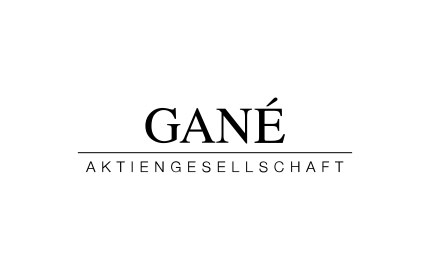The value event investment philosophy developed by Dr Uwe Rathausky and Henrik Muhle combines two successful investment styles. For the two ‘Fund Managers of the Year 2024’, value investing means avoiding fundamental risks by buying companies with very high business quality, good management and an attractive valuation. The event orientation is intended to help reduce market price risks by allowing positive events to contribute to an increase in the value of the investments.
But what characterises good company management in the first place? And how can poor management performance be recognised? An important GANÉ factor for assessing the work of company managers is the quality of capital allocation. Responsible use of the resources available to the company is extremely important. A profitable allocation of capital increases the value of the company in the long term and allows conclusions to be drawn about the character of the people involved. Changes in the Return On Capital Employed (ROCE) and Economic Value Added (EVA) provide important indications.
Simple and reliable warning signs for poor management are high write-downs of so-called company “goodwill”. In accounting, this refers to an intangible asset in the balance sheet that usually arises from the acquisition of other companies or from self-created higher valuation of the company. The larger it is, the more the management expects extraordinary benefits for the future. At the beginning, company takeovers are often celebrated with great expectations as a ‘match made in heaven’, before the dreams regularly burst like bubbles, the intangible assets are written off and the share price plummets.
The takeover of Time Warner by AOL in 2000 for USD 165 billion is a particularly spectacular example. Just two years later, a whopping USD 100 billion in goodwill had to be written off as a result of the bursting of the technology bubble. The rest of the gigantic loss in value for shareholders is history.
According to studies, the ratio of goodwill to reported equity averages around 20 per cent internationally. For listed companies in Germany, it is significantly higher at over 30 per cent. The higher the percentage, the greater the risk of write-downs in the balance sheet. If goodwill even exceeds equity, this poses a serious threat to a company’s ability to withstand a crisis.
On the other hand, intangible assets are of great importance in an increasingly digitalised world. Very good capital allocators, such as Microsoft CEO Satya Nadella, can increase company value with the right combination of innovation, organic growth and prudent acquisitions significantly. When Nadella acquired the career network LinkedIn for USD 26 billion in 2016, the purchase price exceeded the balance sheet assets by around USD 20 billion. However, the purchase price and the goodwill approach paid off. Today, the career network generates highly profitable annual revenues of USD 15 billion with over 950 million users and fits seamlessly into the company’s AI strategy.
Outstanding business models and the quality of management remain in focus for Dr Uwe Rathausky and Henrik Muhle, as in the case of Microsoft. The ‘GANÉ Scoring Model’ (GSM)® with its proven value event building blocks has been an important success factor in the selection process for many years.
Author:

